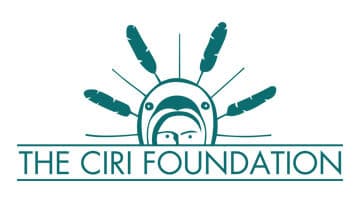With one-on-one coaching and modest funds, the quality of early care and early learning programs outside the home can improve rather quickly. This has been the experience in the state of Washington and might provide encouragement for Alaska to follow suit.
When child care providers get one-on-one coaching and modest funds to make changes to their program, the quality of the care they provide improves – and pretty quickly, at that. This has been the experience in Washington state and might provide encouragement for Alaska to follow suit with our own quality rating and improvement system (QRIS).
First some background on the Washington state program: Seeds to Success is a voluntary child care quality rating improvement system being field tested in five Washington communities by the Washington State Department of Early Learning and Thrive by Five Washington. Mathematica Policy Research, a Princeton-based independent research company, examined the impact of the field test on two of the five participating communities.
The test group of child care facilities received several hours of intensive coaching each month and modest quality improvement grants.
“I don’t get to say this very often as an evaluator, but I can confidently say that the Seeds coaching and funding improved child care quality,” Kim Boller, Mathematica’s lead researcher, said. “Quality scores were much higher for the group with access to Seeds coaching and quality improvement funds than for the control group that did not have access to these resources.”
Here in Alaska, our efforts to implement a quality rating and improvement system on a statewide basis have been stymied by lack of funds. Such rating and improvement systems are used in 22 other states and are designed to assess, improve, and communicate the level of quality of early care and early learning programs outside the home.
In 2007, the Alaska Department of Health and Social Services (DHHS) contracted with Best Beginnings to develop a plan for a standards-based QRIS. Child care and early learning programs would not be required to participate, but there would be financial incentives to do so. The system would also offer financial incentives for quality improvements and give parents information on which programs provided high quality services.
Best Beginnings and other advocates continue to work with DHSS to see that a QRIS is up and running in Alaska. The positive results in our neighboring state could add momentum to this effort.
Best,
Abbe

